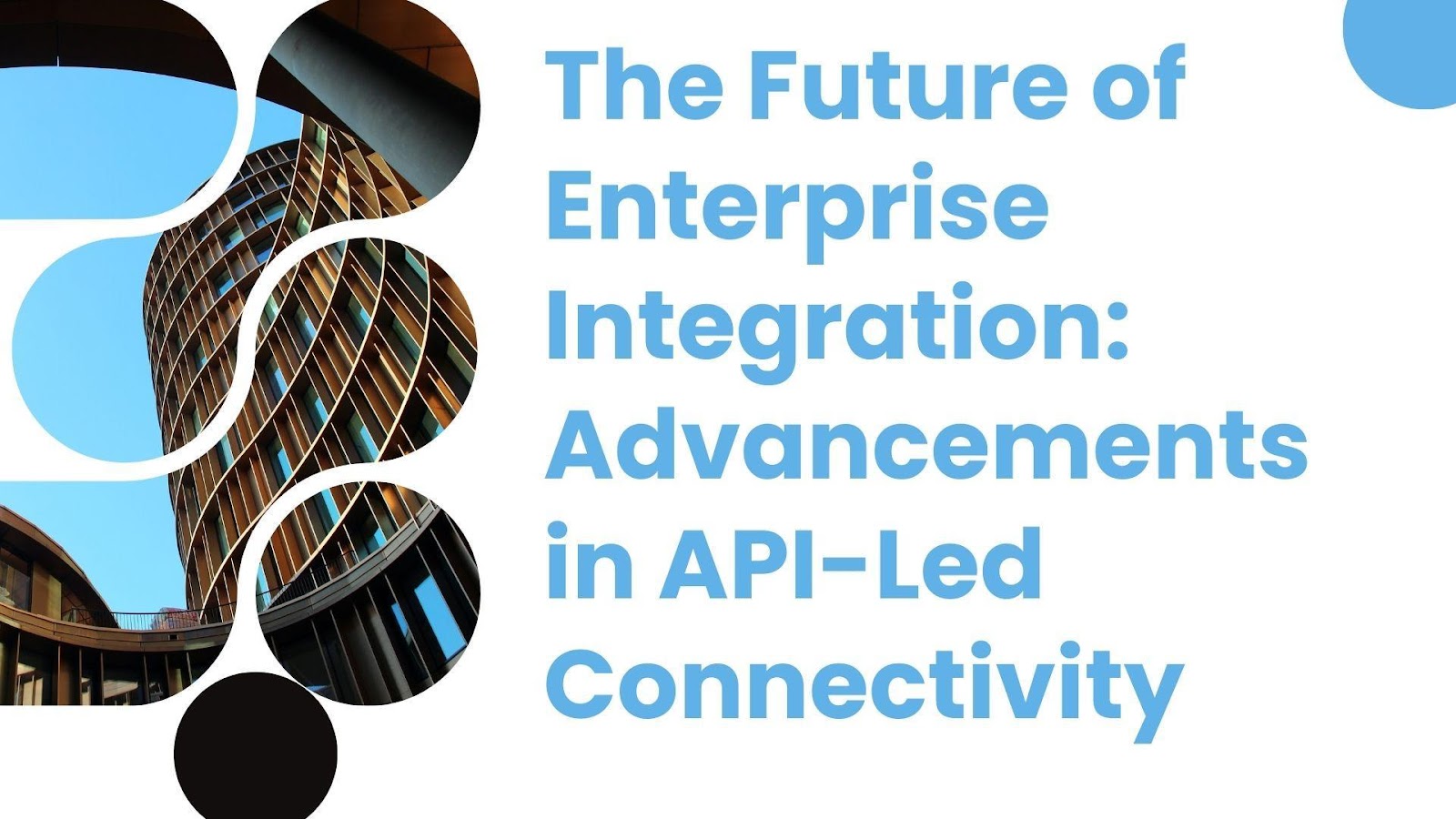In the ever-evolving world of enterprise technology, integration remains a critical challenge for organizations striving to achieve digital transformation. Gokul Babu Kuttuva Ganesan, a leading voice in API architecture, introduces a structured and scalable approach to enterprise connectivity in his latest work. His insights into API-led connectivity provide a compelling case for the shift away from traditional integration methods.
A New Era of Digital Integration
The traditional model of enterprise integration has long relied on point-to-point connectivity, often resulting in fragmented and inefficient systems. API-led connectivity offers a transformative alternative by establishing a three-tiered architecture that streamlines data exchange and enhances system interoperability.
By segmenting APIs into System APIs, Process APIs, and Experience APIs, organizations can improve modularity, security, and scalability. This structured approach facilitates seamless communication between different software applications while maintaining a high level of data consistency and governance.
Breaking Down the API-Led Architecture
At the core of this framework lies the three-layered API model:
- System APIs: These provide direct access to core business systems, ensuring that data is extracted and exposed in a secure and standardized manner.
- Process APIs: Acting as the intermediary layer, these APIs orchestrate workflows, enforce business logic, and consolidate data from multiple sources.
- Experience APIs: This layer is tailored for end-user interactions, optimizing data delivery across various channels, including web applications, mobile interfaces, and third-party services.
By adopting this model, businesses can enhance operational efficiency and reduce dependency on rigid, monolithic integration structures.
Security and Governance: The Pillars of Reliable API Connectivity
With the increasing reliance on APIs, security has become a paramount concern. Organizations must implement robust authentication protocols, encryption mechanisms, and access controls to safeguard sensitive information.
A well-structured governance framework ensures API security through:
- Standardized access management practices
- Real-time monitoring and threat detection systems
- Version control and lifecycle management strategies
By prioritizing security, businesses can mitigate risks associated with unauthorized access and data breaches, thus ensuring a more reliable and compliant API ecosystem.
Enhancing Performance with Scalable API Strategies
API-led connectivity not only simplifies integration but also improves system performance. Organizations that implement API caching, load balancing, and optimization strategies witness significant improvements in response times and overall efficiency.
Moreover, the ability to reuse APIs across multiple projects eliminates redundancy and accelerates software development cycles. This modularity allows enterprises to swiftly adapt to changing market demands while maintaining a flexible IT infrastructure.
Furthermore, API-led approaches foster innovation by enabling teams to focus on creating business value rather than solving integration challenges. This architectural paradigm promotes cross-functional collaboration, breaking down traditional silos between IT and business units. By establishing clear contracts between systems, organizations gain better visibility into their digital ecosystem, facilitating more informed decision-making and governance. The adoption of standardized API patterns also enhances security posture through consistent authentication and authorization mechanisms across the enterprise landscape.
Driving Innovation Through API-Enabled Digital Transformation
APIs serve as the backbone of modern digital ecosystems, enabling organizations to innovate rapidly and introduce new services with minimal friction. Businesses leveraging API-first strategies experience:
- Faster time-to-market for new products
- Improved cross-functional collaboration
- Greater agility in responding to customer needs
Through API-led connectivity, enterprises can future-proof their operations and stay ahead in an increasingly digital world.
The Road Ahead for API-Led Connectivity
As technology continues to evolve, API-led connectivity will play an even more vital role in shaping enterprise integration strategies. Future trends indicate a growing emphasis on AI-driven automation, self-healing API networks, and decentralized architectures.
Organizations that embrace this paradigm shift will be better equipped to handle complex integration challenges while unlocking new opportunities for growth and efficiency.The convergence of API management with emerging technologies like blockchain and quantum computing promises to revolutionize how businesses exchange information and conduct transactions.
In conclusion, API-led connectivity has redefined how enterprises approach integration, offering a scalable and secure framework for managing digital ecosystems. By implementing this structured approach, businesses can enhance performance, strengthen security, and drive innovation in an increasingly interconnected world. Gokul Babu Kuttuva Ganesan provides valuable insights into this transformative architecture, highlighting its potential to revolutionize enterprise integration for years to come.































